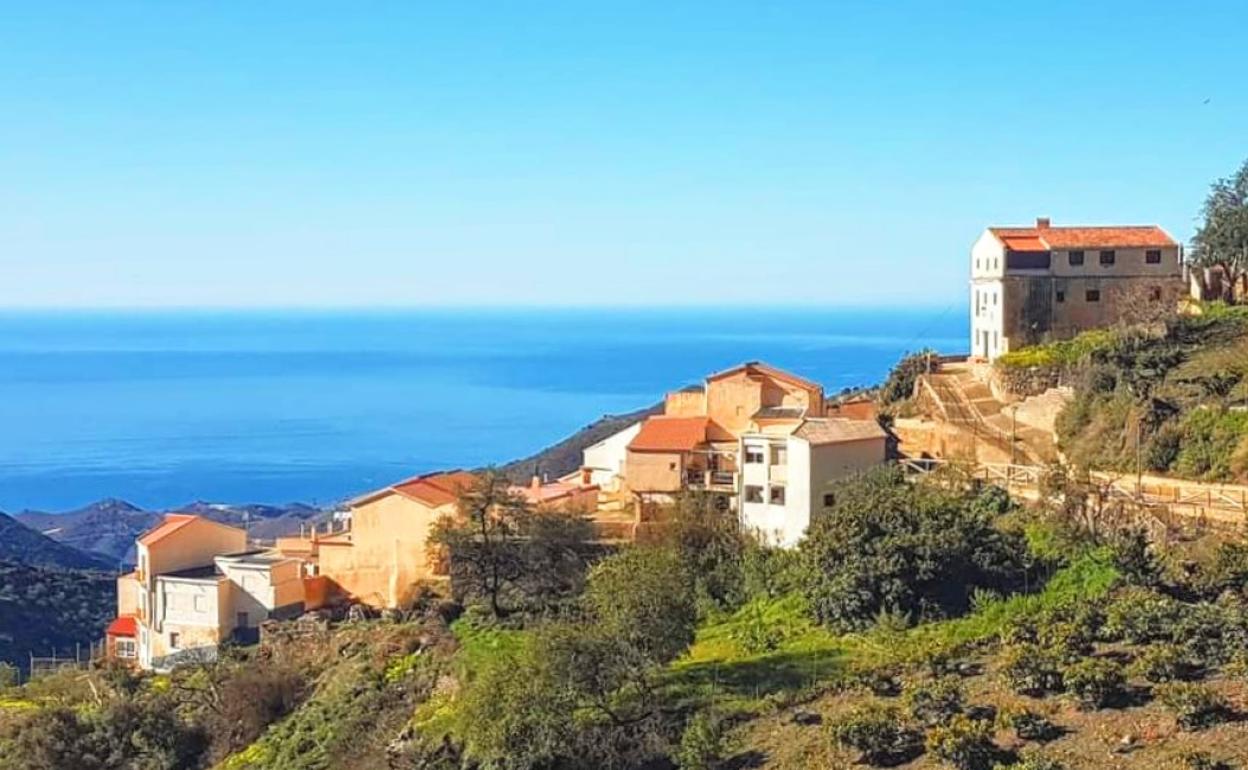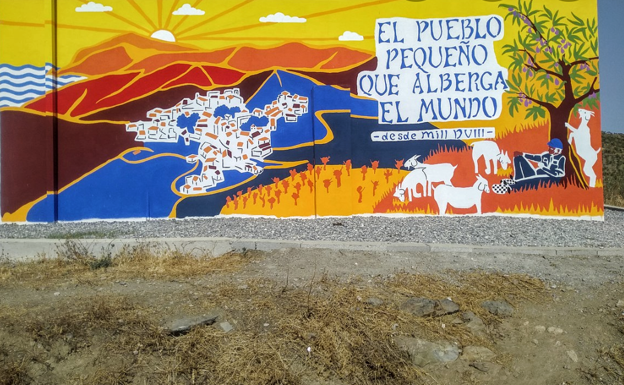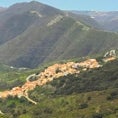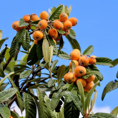

Sections
Highlight

ALEKK M. SAANDERS
Wednesday, 27 April 2022, 18:12
The village of Polopos is nestled in the Granada mountains of La Alpujarra Baja (Lower Alpujarra). The tiny village gained its Dutch connection when the Netherlands reality show Het Spaanse Dorp (The Spanish Village) came there to film.
Dutch channel RTL4 started their filming in Polopos in March 2019. Their reason was simple - the village is very picturesque but was in decline. Polopos needed extra help and inspiration. During that summer, the contestants - five young couples from the Netherlands - were living, discovering, creating and generating their ideas about how to make the village prosperous again, much as it was a century ago when it was an important producer of raisins, wine and liquors.

The organisers and participants did their best to "feel" the vibes of area and its inhabitants and facilitated the making of plans for the resurgence of Polopos.
In each episode, different possibilities were proposed. Among others, there were some projects for growing businesses in the village, including creating a dog training school and a supermarket.
The Polopos inhabitants themselves had to decide which regeneration and promotion plan would best suit the village.
The daily adventures of this highly rated project amounted to a total of 44 episodes all aired in the Netherlands from the beginning of July.
Apparently, all contestants of the TV-show had plans to set up businesses in Polopos, including developing a luxury eco-tourism complex.
However of the five couples that competed in the show, only the winners, Thysa Zevenbergen and Wijnand Boon, stayed to live there permanently.
They received 20,000 euros for their victory, and managed to set up an art association. For the other couples it proved too hard to make a living in the village after the pandemic prevented tourists from coming. This means that of the five projects that were chosen, only one is being pursued.

“When the projects were presented to us, we all thought it was a good idea to repopulate our small village. The residents of Polopos were very supportive of the contestants. And now I, as a member of the panel of judges, feel cheated, because the rest of the families have not done anything for our village, nor have they tried to carry out their projects or to try different ones.
"So now I think that maybe other families would have made it possible. The only good thing about the programme is that after the TV show, Dutch families have come to Polopos and have bought houses here. Some of them are even thinking of staying here in the near future,” Polopos resident María Ángeles Rodríguez tells SUR in English.

New Dutch settlers, a young couple, bought a big house to create tourist apartments. They also have contributed to the 'Dutchness' of Polopos.
The village has only 150 inhabitants, so only a few people have pushed the percentage of Dutch inhabitants here to be higher than in Torremolinos. When compared to La Carihuela of Torremolinos, a place traditionally considered the most Dutch part of Andalucía, (and also where on Plaza Chiriva, Día de Holanda will be celebrated on 27 April), Polopos is barely known.
So it may be a good idea to visit Polopos on King's Day. Incidentally, in April the valleys around the village take on an orange hue due to the fruit of the níspero trees (loquats). The village is still not totally white either after the 'calima' and the Saharan dust makes the houses a bit 'orange', and therefore, appropriate for Dutch day.
Publicidad
Publicidad
Publicidad
Publicidad
Esta funcionalidad es exclusiva para registrados.
Reporta un error en esta noticia

Debido a un error no hemos podido dar de alta tu suscripción.
Por favor, ponte en contacto con Atención al Cliente.

¡Bienvenido a SURINENGLISH!

Tu suscripción con Google se ha realizado correctamente, pero ya tenías otra suscripción activa en SURINENGLISH.
Déjanos tus datos y nos pondremos en contacto contigo para analizar tu caso

¡Tu suscripción con Google se ha realizado correctamente!
La compra se ha asociado al siguiente email
Comentar es una ventaja exclusiva para registrados
¿Ya eres registrado?
Inicia sesiónNecesitas ser suscriptor para poder votar.